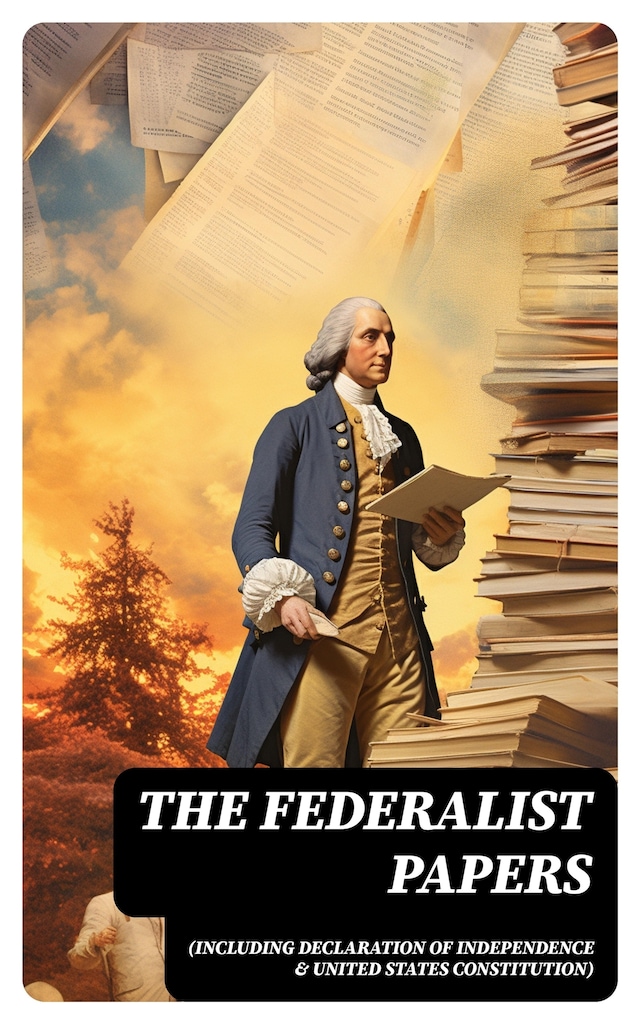
The Federalist Papers (Including Declaration of Independence & United States Constitution)

